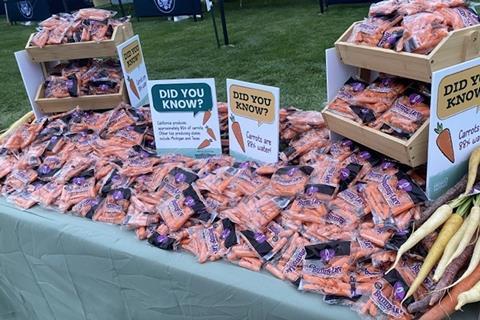Association has made comments to the National Organic Standards Board on key challenges facing the sector.

The International Fresh Produce Association (IFPA) has submitted comments to the National Organic Standards Board (NSOB) highlighting priority issues for the organic fresh produce sector.
The comments are in response to the industry feedback sought by the NOSB Spring 2025 Work Agenda.
IFPA emphasised the need for practical, science-based standards that support organic production while ensuring supply chain viability.
“Organic growers face unique challenges that require flexible, regionally aware, and evidence-based certification standards,” said IFPA director of production and environmental policy Sara Neagu-Reed.
“Our recommendations to the NOSB are designed to help safeguard organic integrity while ensuring that growers have practical tools and fair, consistent oversight that reflects the realities of organic farming today.
“IFPA thanks the NOSB for its work in advancing organic standards and looks forward to continued collaboration to support a transparent, science-based, and practical regulatory environment for organic produce,” she noted.
Key areas commented on by IFPA included support for risk-based certification Improvements; a commitment to organic integrity; residue testing and contaminants; and ongoing compost standards dialogue.
Additional comments addressed the status of several production and processing inputs, including carbon dioxide, pear ester, hydrogen peroxide, ammonium soaps, horticultural oils, pheromones, ferric phosphate, potassium bicarbonate, magnesium sulfate, potassium phosphate, and inert ingredients in pesticide products.



